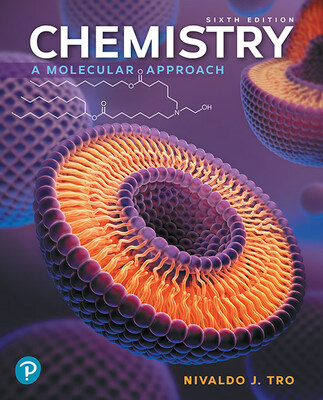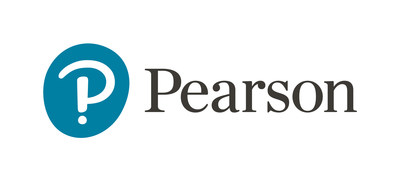Pearson to Expand Generative AI to Millions of US College Students
- None.
- None.
Insights
Analyzing...
Encouraged by student response to Fall semester AI beta, Pearson takes next step to evolve its product offering
"Students and faculty have told us they are looking for AI tools that are aligned with the Pearson content they trust and already use. We know they want these tools to help them earn higher grades, save time, and master key concepts," said David Kokorowski, SVP and Chief Product Officer Higher Education. "To meet these needs and provide a more frictionless learning experience, we embedded generative AI study tools into Pearson's market leading content. We're encouraged by how students engaged with the technology, and we're excited to expand and further study how these tools are benefiting students and faculty alike."
Pearson's current beta will expand to dozens more MyLab and Mastering titles by Fall semester 2024. MyLab and Mastering is an interactive platform backed by content from Pearson authors that allows instructors to scale teaching excellence. The platform, with integrated eTextbook, allows instructors to design their course, assign homework and assessments, and monitor student progress in real time.
The tens of thousands of students that used Pearson's beta AI study tools this fall showed strong levels of engagement and provided positive feedback. Students who used the AI tools spent more time in their courseware and
Pearson's Tro Chemistry, A Molecular Approach 6th Edition, which features the AI study tool in its Mastering and eTextbook, has experienced strong AI engagement this semester, with more than 60,000 AI conversations in Mastering to help students understand homework concepts. Dr. Nivaldo Tro, author and faculty member at Santa Barbara City College said, "Pearson materials are known for their quality and the addition of the AI study tools enhances the learning and teaching experiences for both students and instructors. I'm encouraged by how Pearson is taking a responsible approach to putting this technology together with content to help students learn difficult concepts."
Focused on delivering strong customer experiences, Pearson has been listening to and acting on feedback from students, instructors, subject matter experts and learning designers to improve AI experiences in real time, including adjusting tonality to meet student prompts, incorporating positive language to encourage students to succeed, and adjusting the visual presentation of the technology. These data-based improvements will continue as Pearson evolves to include more features for educators and students.
Pearson believes that generative AI can benefit teaching and learning in many different settings and recently announced a beta of generative AI tools for English language learning. Pearson is committed to investing in the responsible application of AI towards product innovation and operational excellence that will help learners learn and help educators teach.
About Pearson
At Pearson, our purpose is simple: to add life to a lifetime of learning. We believe that every learning opportunity is a chance for a personal breakthrough. That's why our c. 20,000 Pearson employees are committed to creating vibrant and enriching learning experiences designed for real-life impact. We are the world's leading learning company, serving customers in nearly 200 countries with digital content, assessments, qualifications, and data. For us, learning isn't just what we do. It's who we are. Visit us at pearsonplc.com.
Media Contact
Dan.Nelson@Pearson.com
![]() View original content to download multimedia:https://www.prnewswire.com/news-releases/pearson-to-expand-generative-ai-to-millions-of-us-college-students-302014700.html
View original content to download multimedia:https://www.prnewswire.com/news-releases/pearson-to-expand-generative-ai-to-millions-of-us-college-students-302014700.html
SOURCE Pearson









